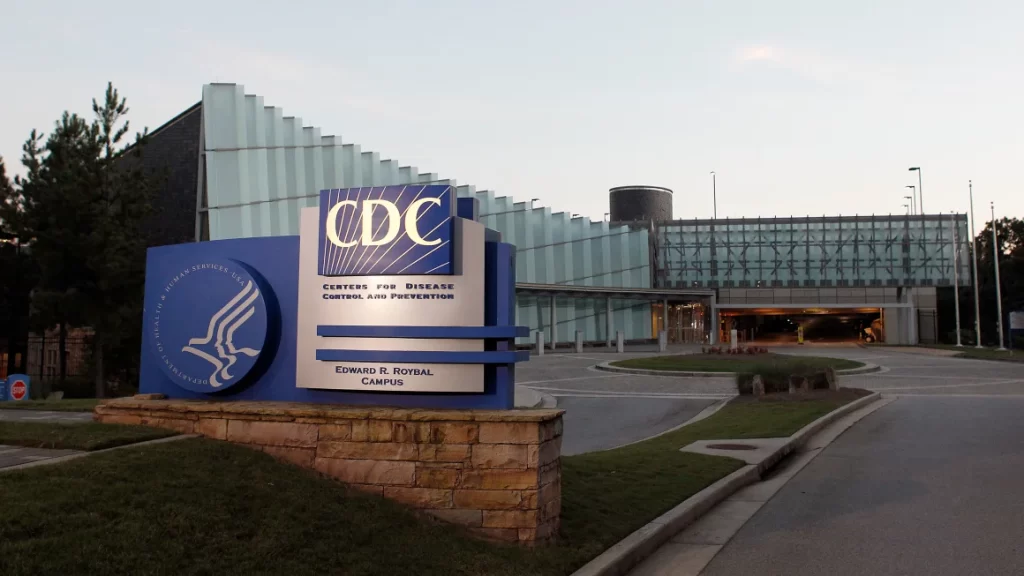Five key division leaders at the U.S. Centers for Disease Control and Prevention (CDC) are leaving the public health agency as it prepares for cuts that could affect as much as a third of its workforce.
The departures, announced internally on Tuesday, include the directors of the Public Health Infrastructure Center, the National Center on Birth Defects and Developmental Disabilities, the Office of Science, the Office of Policy Performance and Evaluation, and the Office of Health Equity, according to a source who requested anonymity because the announcement wasn’t public.
The Associated Press first reported the plans, which were described as retirements and announced at a meeting of senior agency leaders.
These departures come as CDC staff anticipate Reduction in Force (RIF) notifications in the coming days, which could lead to a 30% reduction in staff and budget, according to another CDC source who saw a draft of the plans and wasn’t authorized to discuss them publicly.
One staffer, who requested anonymity for fear of retribution, said that CDC employees are concerned that the division leaders’ departures suggest that those centers and offices could be significantly impacted by the cuts.
The director of the CDC’s Office of Communications, Kevin Griffis, also left the agency last week and published an opinion essay in the Washington Post criticizing Health and Human Services Secretary Robert F. Kennedy Jr.’s leadership of government health agencies.
“Public health communications have slowed to a trickle,” Griffis wrote. “The CDC hasn’t held a public briefing, despite multiple disease outbreaks, since President Donald Trump’s inauguration.
“Instead of seeking guidance about how to combat the measles outbreak in Texas and New Mexico from the world-leading epidemiologists and virologists he oversees, Kennedy is listening to fringe voices who reinforce his personal beliefs,” Griffis continued, noting that he “watched as career infectious-disease experts were tasked with spending precious hours searching medical literature in vain for data to support Kennedy’s preferred treatments.”
“Public health communications should be about empowering people with reliable, science-based information, so they can make their own health decisions,” Griffis wrote. “Unfortunately, we can’t count on Kennedy’s HHS for that anymore.”
On Monday, Trump announced his intention to nominate the agency’s current acting director, Dr. Susan Monarez, as CDC director. While some in the public health research community welcomed the news, citing her extensive career in federal health work, some agency staff worry that she may not adequately defend the agency against the impending cuts.



